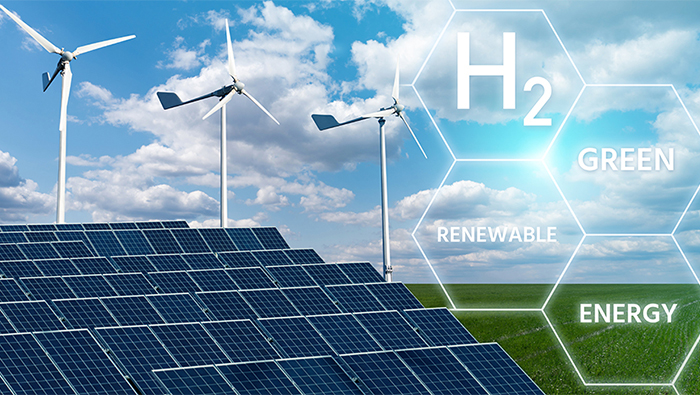
Muscat: The combined gross domestic product (GDP) of the hydrocarbon-rich Gulf countries could more than double from a projected $6 trillion to $13 trillion by 2050, if the countries embrace a green growth strategy, according to a research report.
The combined GDP of the GCC countries has already touched the $2 trillion mark and investment in green and sustainable projects could transform the region into a global economic powerhouse, according to Gulf Investment Report 2023, published by Century International Holdings.
“Gulf Investment Report 2023 has been initiated by Century Group as a knowledge series developed through in-depth data compilation for the wider industry stakeholders that will help them chart their future growth strategy and re-adjust their expansion plan as per the ground reality,” Bal Krishen Rathore, Chairman of Century International Holdings Ltd (CIHL), said.
However, the economic potential of the Gulf countries is not reflected in the global Foreign Direct Investment (FDI) ranking published every year in the annual World Investment Reports released by the United Nations Conference on Trade and Development (UNCTAD).
Total FDI flow into the GCC region declined 17.91 percent to $37.12 billion in 2022, down from $45.22 billion recorded in 2021, despite the UAE recording a 10 percent increase in FDI from $20.66 billion in 2021 to $22.73 billion in 2022, according to the World Investment Report 2023.
This is lower than the $46.96 billion FDI attracted by Sweden last year and way below than the $117.73 billion FDI received by Hong Kong or the $141.21 billion FDI attracted by Singapore.
Despite this decline, the total FDI inflow into the GCC countries more than doubled in six years, reaching $37.12 billion in 2022, up from $15.52 billion in 2017 – which demonstrates a strong growth in the overall investment landscape.
The GCC region’s inward FDI stock rose to $529.78 billion at the end of 2022. This is at the backdrop of a 12 percent decline in global FDI flow to $1.3 trillion in 2022, according to the Gulf Investment Report 2023.
However, in the GCC, the UAE stands out in terms of attracting investment. FDI inflow of $22.73 billion into the UAE in 2022 represents 61.24 percent of the total FDI inflow of $37.12 billion into the GCC in 2022, the records show. The UAE ranks fourth globally in greenfield investment projects with the number of projects reaching 997 in 2023, according to the World Investment Report 2023.
“The GDP of the GCC region has already touched the $2 trillion mark. If the GCC countries continued business as usual, their combined GDP would grow to an expected $6 trillion by 2050. However, embracing a green growth strategy could see the GCC GDP grow to over $13 trillion by 2050,” World Bank said in an economic update.
Issam Abou Sleiman, Regional Director of World Bank in the Mena region, said, “The GCC economies have been a bright spot in an otherwise dark economic landscape. Average growth in the GCC surpassed 7 percent in 2022 led by Saudi Arabia, its biggest economy, which was globally the fastest growing large economy.”
“The transition to a low-carbon economy has been accelerated by high oil and gas prices and the need for greater energy security in the wake of the war in Ukraine. Renewable energy industries will witness trillions of dollars of new investment as well as opportunities in upstream and downstream industries.”
“The region also has the potential to be a lead producer of green and blue hydrogen. With the right regulations, policies, and investments to support the transition, GCC countries can emerge with stronger, more sustainable economies that generate rewarding jobs for their youth while simultaneously protecting the planet,” the report said.
The GCC countries have been attracting investment from all over the world for quite some time now. Information on investment has been published in bits and pieces in a scattered manner without coordination.